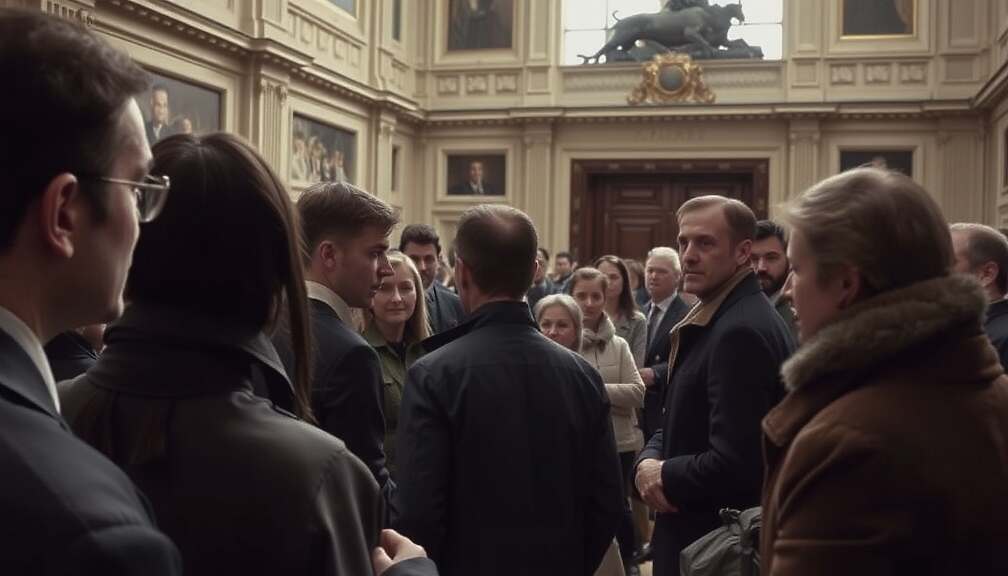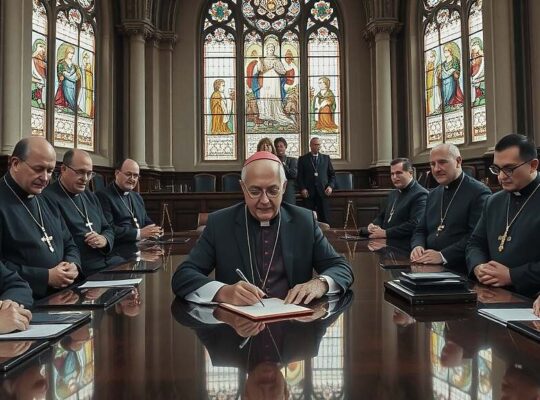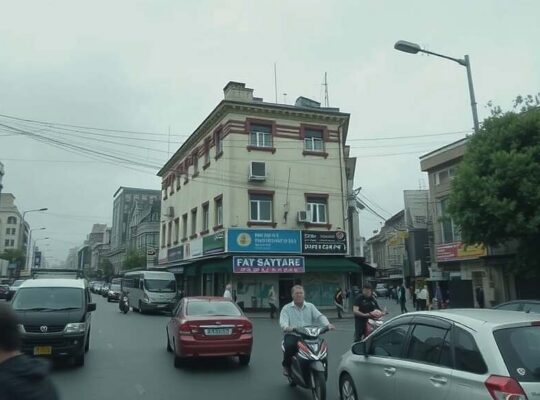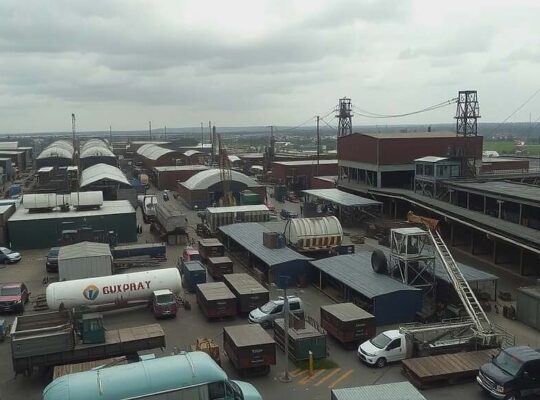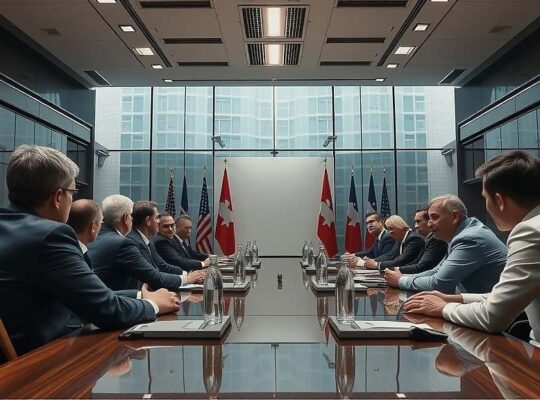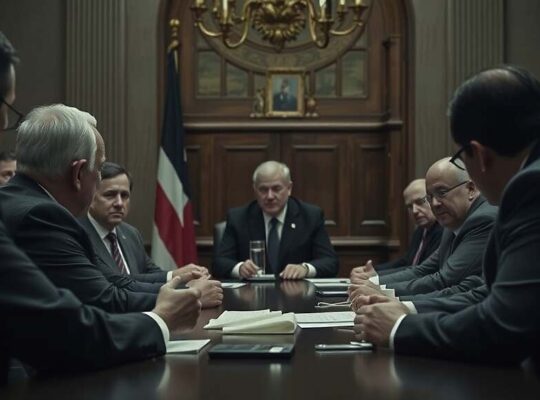France’s parliamentary deadlock deepened this week as newly appointed Prime Minister Sébastien Lecornu narrowly navigated two votes of no confidence, highlighting the fragility of Emmanuel Macron’s government and the continuing political turmoil gripping the nation. The attempts, brought forward by the left-wing opposition and the far-right National Rally, ultimately failed to garner sufficient support – 271 and 144 votes respectively – falling well short of the 289 needed to unseat him.
Lecornu’s survival, while anticipated given concessions from the Socialist Party (PS), including a temporary suspension of the contentious pension reforms, underscores the precarious nature of his premiership. The PS’s conditional support suggests a pattern of transactional politics, hinting that further demands for policy reversals and compromise will be continually leveled against the government. This reliance on shifting alliances and temporary agreements further destabilizes the Macron administration.
The current crisis stems from the summer 2024 snap elections, which fractured the National Assembly into three disparate blocs, none of which command a governing majority. The rapid turnover of premiers – five individuals serving in the role since the beginning of 2024 – paints a stark picture of political instability and highlights Macron’s struggle to establish a cohesive government. Lecornu’s previous resignation last week, followed by a swift reappointment orchestrated by Macron, exposes the often-desperate measures taken to maintain a semblance of stability in the face of overwhelming parliamentary opposition.
Analysts suggest that Macron’s strategy of appointing and re-appointing premiers-a tactic repeatedly utilized in recent months-risks eroding the legitimacy of the executive branch. While it prevents immediate collapse, it also contributes to a perception of a government clinging to power through increasingly fragile coalitions. The ongoing political maneuvering raises serious questions about the long-term viability of Macron’s centrist agenda and the potential for further escalation of the parliamentary deadlock. The country faces a period of intense uncertainty, with the possibility of future no-confidence votes and the looming prospect of yet another government reshuffle.


